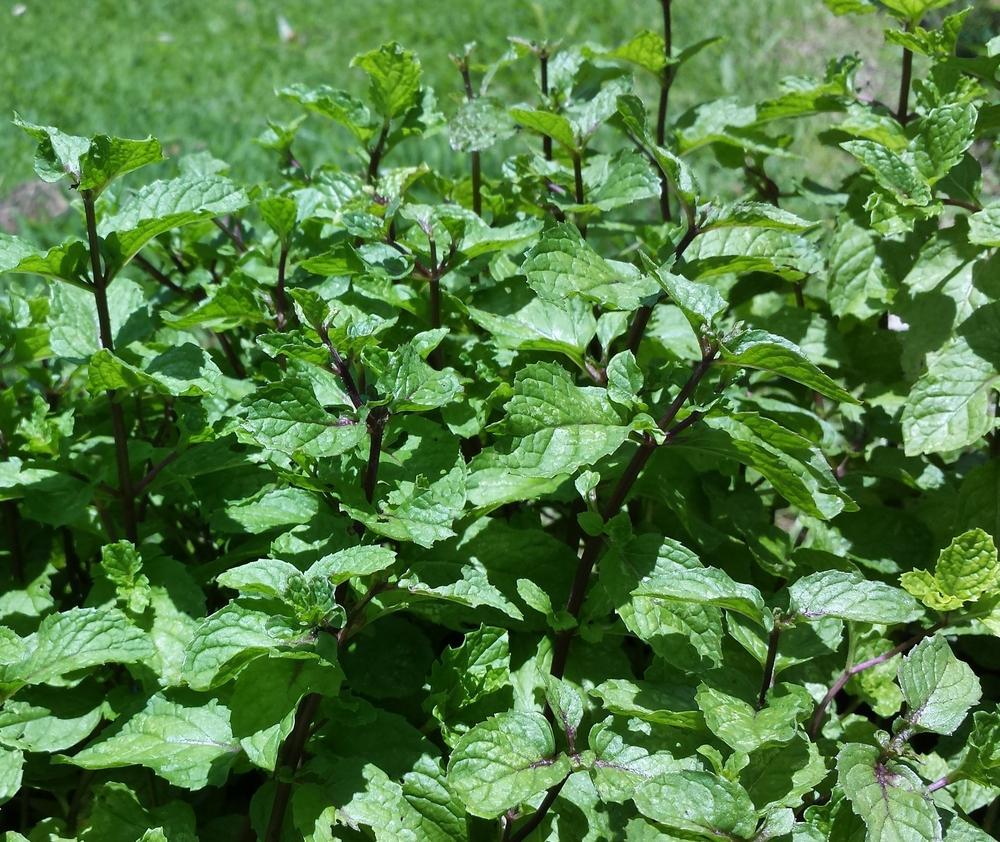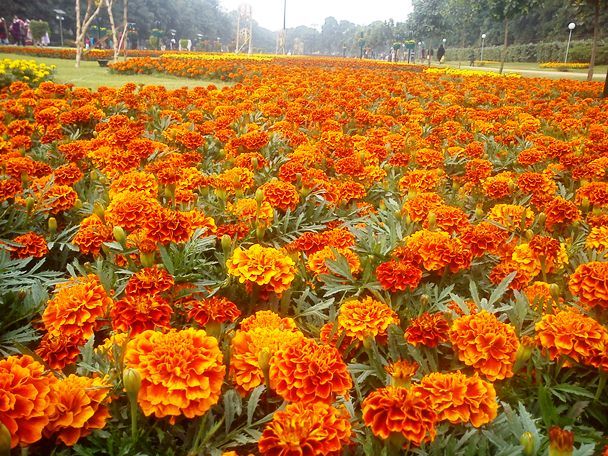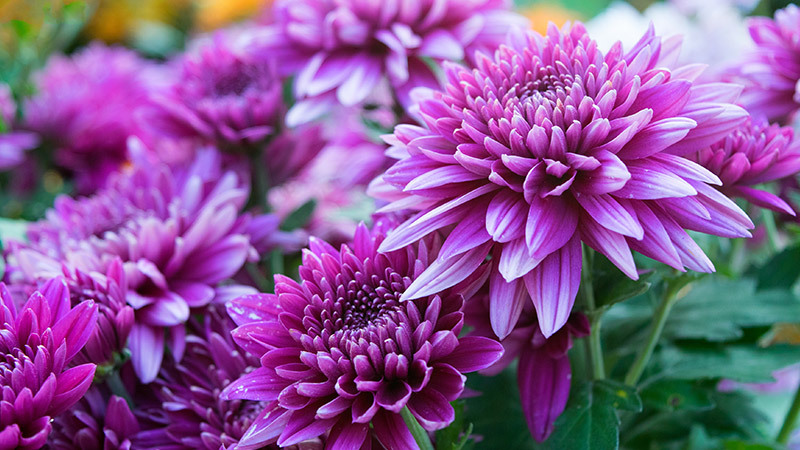How To Become More Self-Sufficient Without Starting a Full-Blown Farm…
Want to start preserving your harvest, making your own soap, or building a backyard root cellar — but not sure where to begin? “Homesteading Advice” gives you instant lifetime access to 35+ practical homesteading books on food preservation, veggie gardening, DIY natural cleaning products (save over $250 per year with this skill alone), brewing, off-grid energy, and a whole lot more…
Click Here To Check It Out Now!
There’s nothing that will ruin your pool party or barbecue faster than uninvited guests. We’re talking about the flying, leaping, crawling, and creeping kind whose bite is worse than its buzz.
Mosquitoes are a top offender. Their bites can leave you with more than just annoying, itchy bumps. Mosquitoes are the deadliest creatures on earth, killing an estimated 725,000 people a year. Malaria alone kills more than half a million people. So how do you keep them out of your yard without using chemical pesticides? Some of those chemicals pose more health risks than mosquitoes! Go the natural route with a few strategic plants that will repel pests while enhancing your garden.
Lemongrass
This is one of Mother Nature’s most popular mosquito repellents. Lemongrass leaves and stems contain the citronella oil used in candles, soaps, and perfumes. It also has a great flavor. You’ll find lemongrass in many Asian soups and chicken dishes.

Mint
Peppermint, spearmint and even pineapple mint discourage mosquitoes from landing in your yard. Ants and flies also dislike this fragrant plant. Mint is an aggressive grower, so it’s best to stick with container gardening. Thyme is another aromatic mosquito-deterrent that likes to spread out. If you’ve got thyme on your hands, you won’t have mosquitoes on your arms.
Catnip
Every cat in the neighborhood will be at your front door since this perennial herb contains nepetalactone. It’s the ingredient that stimulates euphoria in cats and repulses roaches and mosquitoes. Researchers found catnip more is effective than DEET, the ingredient in most commercial bug repellents.

Marigolds
This vibrant flower wards off mosquitoes, aphids, and dozens of other pests. Marigolds contain Pyrethrum, a compound found in many insect repellents. Plant them in your vegetable garden to protect your tomato plants from leaf-eating insects. They’ll also do well in large pots that you can place near doorways to prevent mosquitoes from entering.
Basil
A favorite ingredient in Italian cooking, basil deters mosquitoes, flies, and moths. Rosemary and lavender also do the trick, and like most herbs, they grow well in containers.
Crush the leaves of any of these herbs or flowers to release their oil; rub the scented oil on your skin for a natural bug barrier. Get creative with your own recipe for a homemade repellent using essential oils.
Standing water outside your home is a welcome mat for trouble. That’s where mosquitoes breed. Get rid of standing water in flower pot saucers, trash cans, and any other containers. Replace water in bird baths at least every five days.
Of course, mosquitoes aren’t the only nuisance in your yard. Numerous other pests bring trouble to you and your garden. Try these plants to prevent tiny critters from invading.

Chrysanthemums
This beloved member of the daisy family is practically a one-stop shop for pest control. Plant them around your home to create a fragrant barrier to roaches, ants, fleas, lice, and bedbugs. They’ll also help keep Japanese beetles, spider mites, and ticks out of your garden.
Use the mum’s beautiful petals to make a natural powder to thwart insects. Chrysanthemums contain pyrethrum, a common ingredient in insecticides. Follow these simple steps:
- Pick fully-developed flowers from the middle of the plant.
- Let them dry out for a day or two.
- Crush them into a fine powder.
- Sprinkle the dust wherever you want to discourage mosquitoes.
Petunias
Vibrant petunias liven up your landscape while defending against several annoying insects. Plant them near your vegetables to keep aphids, asparagus beetles, squash bugs, and tomato hornworms from devouring your future salad.
Well-planned additions to your garden help you keep pests at bay without dousing the environment with chemicals. You can take additional steps to deter flying pests. Avoid wearing bright colors, perfume, and hairspray when doing yard work or hiking. Then enjoy a favorite fragrance when you dine on the herbs and other fruits of your labor.
Patti Walsh is a home and Garden writer who takes pride in her own organic vegetable garden landscape. When she’s not gardening in the backyard, you’ll find her firing up the barbecue for her friends and neighbors.
